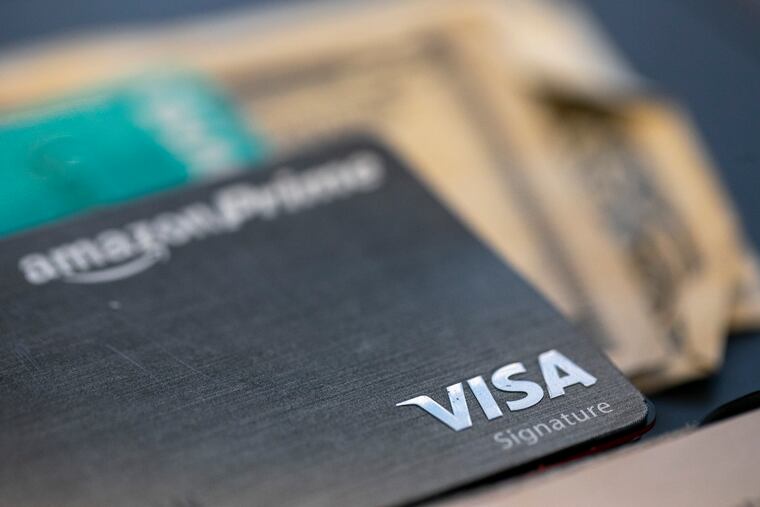Debt collection lawsuits are growing and the coronavirus crisis will probably make it worse
A new report sheds light on an issue that has gotten more attention amid the coronavirus crisis, as debt collectors are technically free to seize federal stimulus payments meant to help Americans pay rent and buy groceries during the pandemic.

The number of lawsuits over unpaid loans and credit card bills is growing in the U.S., a trend that could get worse as the coronavirus pandemic damages the economy.
Debt claims were the most common type of civil case in nine out of 12 states where 2018 data were available, according to a report released Wednesday by Pew Charitable Trusts. That’s in line with national data, where debt claims doubled over a 20-year period and made up a quarter of all civil cases as of 2013, the most recent year available.
Consumers rarely have legal help in such cases, and most of the lawsuits end without any consideration of the facts in the complaints, researchers found.
The report sheds light on an issue that has gotten more attention amid the coronavirus crisis, as debt collectors are technically free to seize federal stimulus payments meant to help Americans pay rent and buy groceries during the pandemic. With millions of Americans losing their jobs, the growth of debt collection cases is likely to continue.
“Most of our reporting comes from when the economy was strong, but debt collection cases were continuing to increase,” said Erika Rickard, director of the civil legal system modernization project at Pew. “As we’re seeing economic activity slow down and household debt continue to accumulate, we’re anticipating, and courts are anticipating, seeing an increase in these court cases.”
» READ MORE: Hundreds in Philly could lose coronavirus relief money because stimulus checks aren’t safe from debt collectors
Pew reviewed annual statistical reports in 50 states and found that 38 of them, including Pennsylvania, don’t track and publicly report their debt collection caseload, Rickard said. Of the 12 states that did, nine identified debt collection cases as the most common type of civil case. That was consistent with national data from 2013, the most recent year available, showing debt collection cases were the most common and made up 24% of all civil cases. Debt claims were more than 12% of civil cases in 1993.
Research on debt collection lawsuits from 2010 to 2019 showed that less than 10% of defendants had lawyers in such cases, compared with almost all plaintiffs. Over the last decade, courts have resolved more than 70% of debt collection lawsuits with “default judgments,” in which judgments are issued when defendants don’t show up to court or respond to the suit.
Pew’s findings suggest that millions of consumers do not participate in debt claims against them.
In Philadelphia, hundreds of residents may be locked out of their bank accounts and could lose their federal coronavirus stimulus checks to creditors and debt collectors, according to a recent estimate from Community Legal Services.
In the three months before the coronavirus crisis closed courthouses, city Municipal Court judges issued 413 so-called garnishment orders, which allow people and businesses to collect their winnings after succeeding in civil cases. The bulk of the orders come from cases brought by debt collectors and creditors against consumers, the nonprofit law firm said.
In late April, the president judges of Philadelphia Common Pleas and Municipal Courts ordered that garnishment orders can no longer be issued or served until further notice. But Philadelphians whose bank accounts are already frozen because of existing orders must file an emergency petition.
Federal stimulus checks weren’t protected from private debt collection when Congress hastily put together the $2.2 trillion coronavirus economic relief package. Lawmakers have called on the Treasury Department to fix the issue. U.S. Sens. Elizabeth Warren (D., Mass.) and Sherrod Brown (D., Ohio) have proposed safeguarding the aid in a future coronavirus relief package.
The Philadelphia Inquirer is one of more than 20 news organizations producing Broke in Philly, a collaborative reporting project on solutions to poverty and the city’s push toward economic justice. See all of our reporting at brokeinphilly.org.